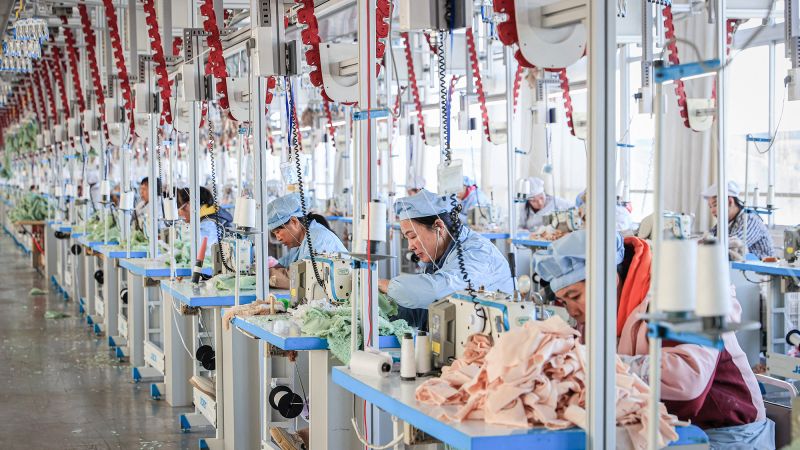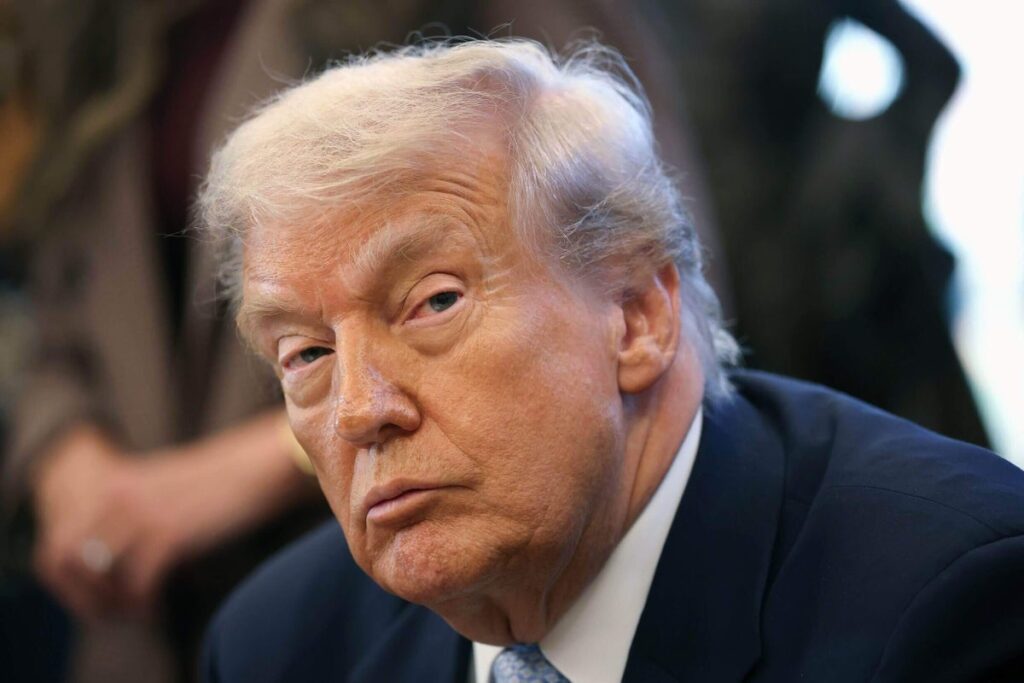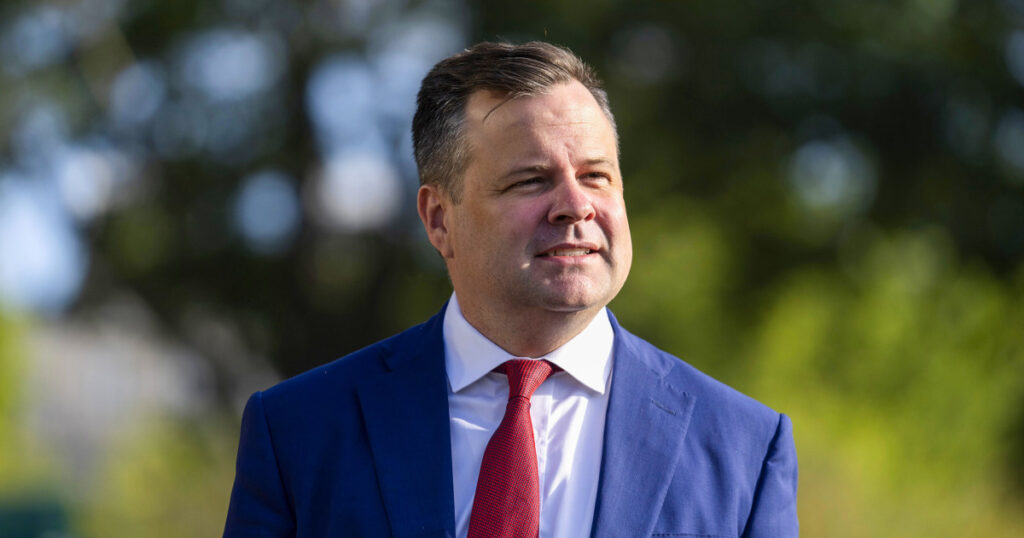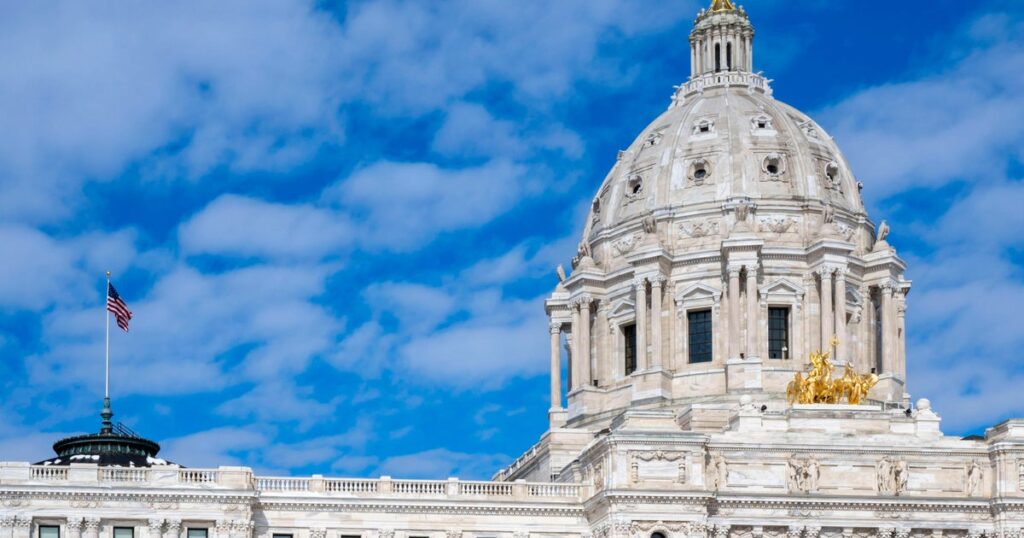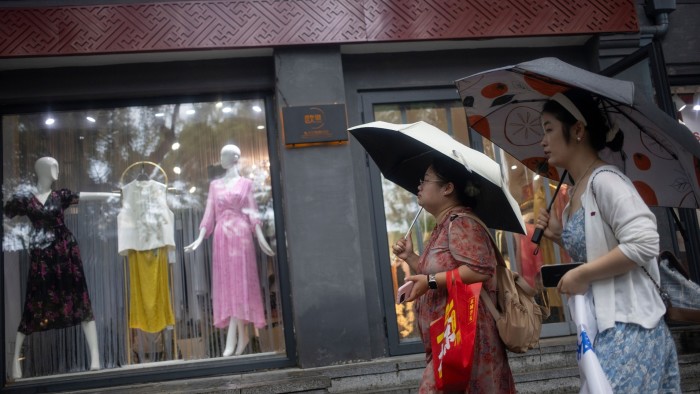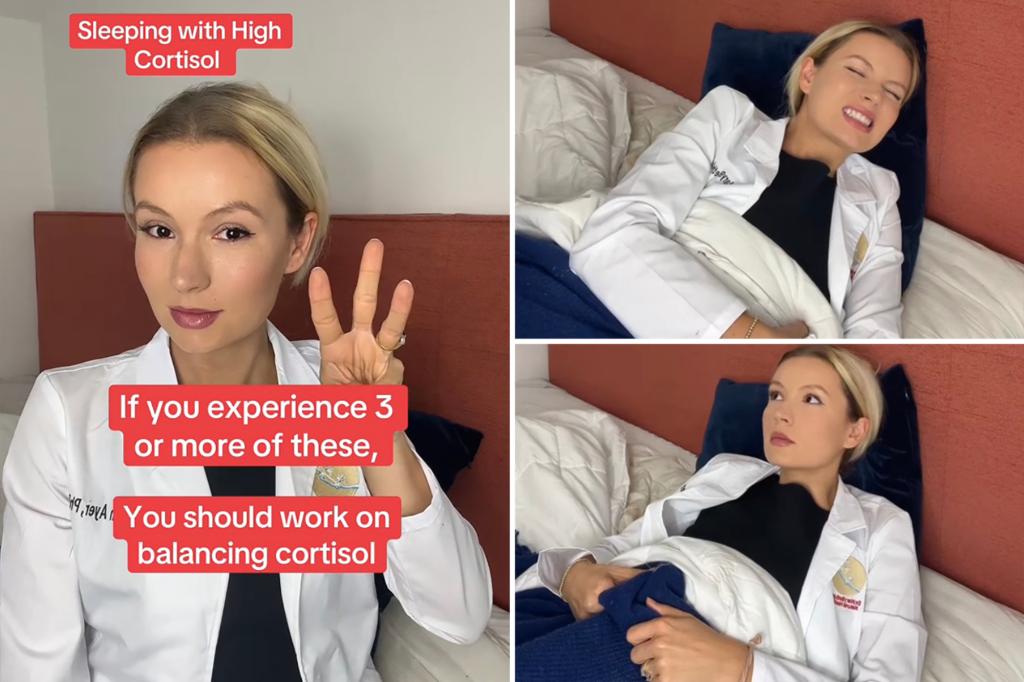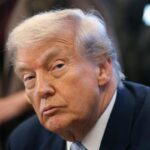Beijing
Reuters
—
China’s industrial output growth quickened slightly in November, while retail sales disappointed, keeping alive calls for Beijing to ramp up consumer-focused stimulus as policymakers brace for more US trade tariffs under a second Trump administration.
The mixed data underline how challenging it will be for China’s leaders to mount a durable economic recovery heading into 2025, when trade relations with China’s biggest export market could worsen while domestic consumption also stays weak.
US President-elect Donald Trump’s vow to impose tariffs exceeding 60% on Chinese goods could push Beijing to accelerate plans to rebalance its $19 trillion economy, analysts said. This comes after over two decades of deliberation on transitioning from the current growth model focused on fixed-asset investment and exports to a consumption-driven one.
China’s industrial output in November grew 5.4% from a year earlier, faster than the 5.3% pace seen in October, data from the National Bureau of Statistics (NBS) showed on Monday, beating expectations for a 5.3% increase in a Reuters poll.
However, retail sales, a gauge of consumption, grew at its weakest pace in three months at 3.0% last month, much slower than a 4.8% rise seen in October. Analysts had predicted a 4.6% expansion.
“China’s economic policies have been amazingly consistent in promoting manufacturers over consumers despite clear signs of lasting weakness,” said Dan Wang, a Shanghai-based independent economist. “So, one can expect production capacity to strengthen, potentially agitating the overcapacity issue and motivating Chinese companies to seek overseas markets.”
Fixed asset investment also increased at a slower 3.3% pace in January-November from the same period a year earlier, compared with an expected 3.4% rise. It grew 3.4% in the January to October period.
“Worries about the poor retail sales may be overdone, as it results from an early start of the ‘Double 11’ shopping festival which frontloaded sales to October,” said Xu Tianchen, senior economist at the Economist Intelligence Unit.
“If we smooth the October-November data, then growth should average around 3.9%, which is higher than the previous months,” he added. “But consumer demand is not strong in itself, it is still very reliant on government subsidies, which contributed about 1.5-2 percentage points to monthly retail sales.”
China’s blue chip index dropped 0.37% in early afternoon and Hong Kong’s Hang Seng Index was down 0.57%.
Policymakers have begun voicing their plans for 2025 in recent weeks, well aware of the fact that Trump’s return to the White House will place considerable strain on an already ailing economy.
Over the weekend, an official at China’s central bank said it had room to further cut the amount of cash banks must hold as reserves, but credit numbers out last week showed past easing had done little to boost borrowing.
That is partly because policymakers have yet to find a fix to a years-long property crisis that is dragging on consumer confidence, with some 70% of household savings parked in real estate.
And while there was some encouraging signs in China’s new home prices, which fell at the slowest pace in 17 months in November, it remains too early to call a recovery, analysts say.
Stabilizing the property sector, which at its peak constituted 25% of the economy, will be key if Beijing is to maintain a growth target of around 5% for next year, which Reuters has reported that policy advisers have recommended.
A recent Reuters poll predicted China will grow 4.5% next year, with new U.S. tariffs potentially shaving up to 1 parentage point off growth.
On Monday, Moody’s Ratings raised China’s GDP growth forecast to 4.2% from 4% for 2025.
At last week’s Central Economic Work Conference (CEWC), a closely-watched agenda-setting meeting, China’s top leaders pledged to raise the budget deficit, issue more debt, and make boosting consumption a top priority.
The remarks echoed commitments made by a meeting of top Communist Party officials, the Politburo, earlier this month, which endorsed an “appropriately loose” monetary policy in the first easing of its stance in 14 years.
“We think the deleration in November will probably prove temporary, with growth likely to pick up again over the coming months as policy support continues to be stepped up,” said Julian Evans-Pritchard, head of China economics at Capital Economics.
“But we doubt that stimulus can deliver anything more than a short-lived improvement, not least because the current strength of export demand is unlikely to last once President Trump starts to put some of his tariff threats into action.”

